Have you heard of something called cyber hygiene? Surely, brushing your teeth and taking showers isn’t something traditionally associated with technology — yet the term is a useful metaphor for needing to make smart decisions about your smart devices.
Good hygiene is something you’re taught as a child and something that generally sticks with you for the rest of your life. It involves three basic principles: using products and tools that fit your hygiene needs, performing these hygienic tasks correctly, and establishing a routine.
But what is cyber hygiene and what does it have to do with your computer and connected devices?
Cyber hygiene is about training yourself to think proactively about your cyber security — as you do with your daily personal hygiene — to resist cyber threats and online security issues. Unfortunately, cyber security still isn’t taken as seriously as cavities and root canals. Some people take cyber security for granted, but this may change, as cyber threats continue to evolve. In the meantime, establishing solid cyber hygiene practices should be as routine as brushing your teeth.
Here are a few tips to get you and your family thinking about good cyber hygiene practices.
Learn more / En savoir plus / Mehr erfahren:
https://gustmees.wordpress.com/?s=cyberhygiene
https://www.scoop.it/topic/securite-pc-et-internet/?&tag=Cyber-Hygiene



 Your new post is loading...
Your new post is loading...




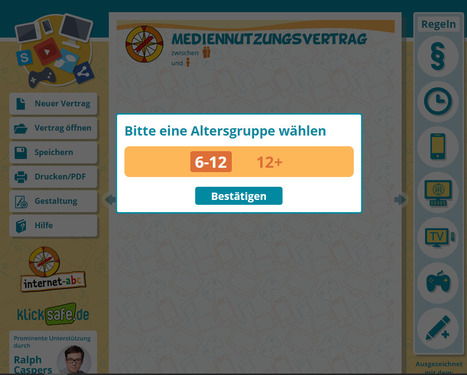



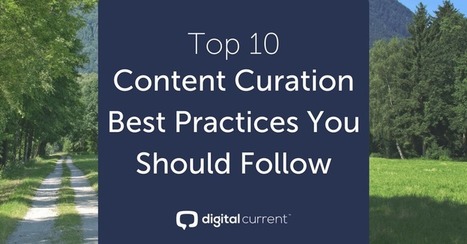





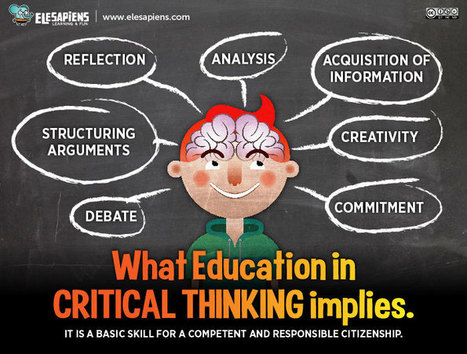







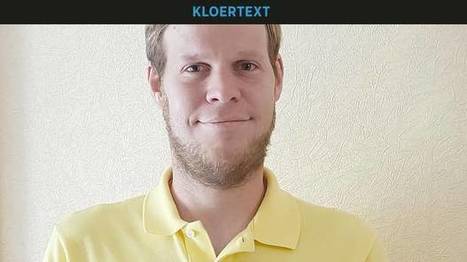
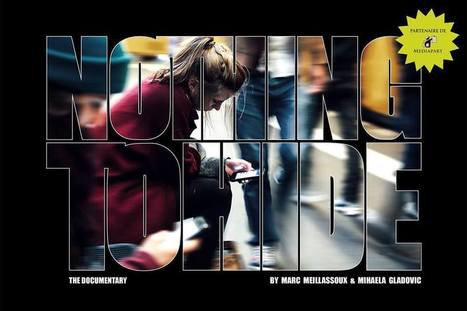

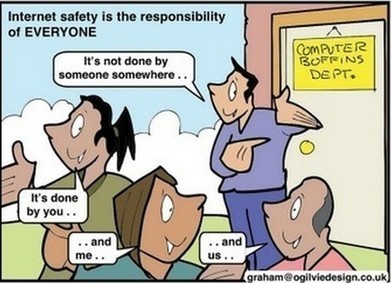
![The Critical Thinking Skills Cheatsheet [Infographic] | #LEARNing2LEARN | 21st Century Learning and Teaching | Scoop.it](https://img.scoop.it/sxh5AIjI1PEa9kmMwj3gGjl72eJkfbmt4t8yenImKBVvK0kTmF0xjctABnaLJIm9)



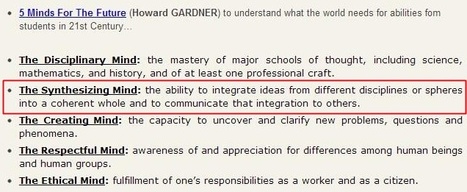
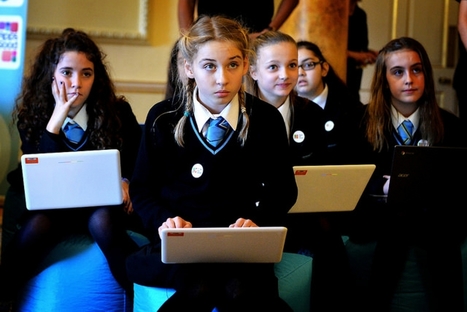





Have you heard of something called cyber hygiene? Surely, brushing your teeth and taking showers isn’t something traditionally associated with technology — yet the term is a useful metaphor for needing to make smart decisions about your smart devices.
Good hygiene is something you’re taught as a child and something that generally sticks with you for the rest of your life. It involves three basic principles: using products and tools that fit your hygiene needs, performing these hygienic tasks correctly, and establishing a routine.
But what is cyber hygiene and what does it have to do with your computer and connected devices?
Cyber hygiene is about training yourself to think proactively about your cyber security — as you do with your daily personal hygiene — to resist cyber threats and online security issues. Unfortunately, cyber security still isn’t taken as seriously as cavities and root canals. Some people take cyber security for granted, but this may change, as cyber threats continue to evolve. In the meantime, establishing solid cyber hygiene practices should be as routine as brushing your teeth.
Here are a few tips to get you and your family thinking about good cyber hygiene practices.
Learn more / En savoir plus / Mehr erfahren:
https://gustmees.wordpress.com/?s=cyberhygiene
https://www.scoop.it/topic/securite-pc-et-internet/?&tag=Cyber-Hygiene